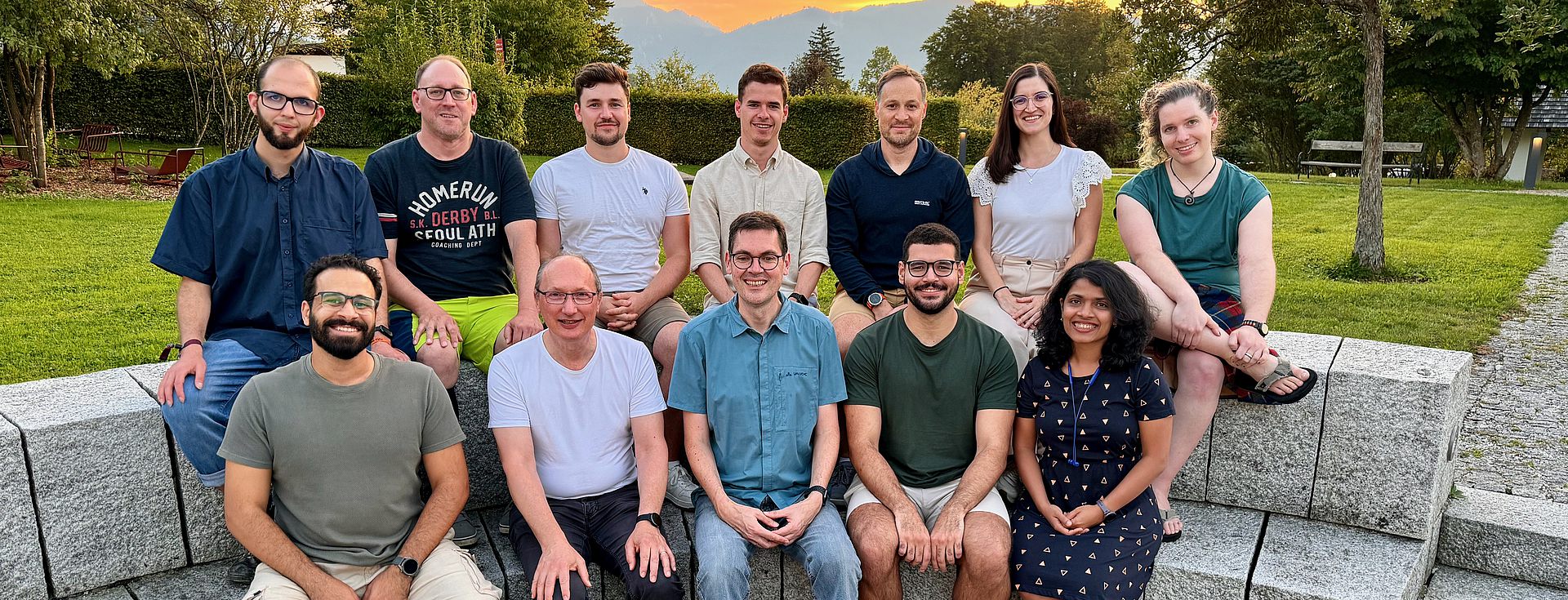Research
The Institute of Distributed Systems is actively researching scalability, reliability, security and privacy, self-organization, and complexity management issues in distributed systems. We apply our research to a wide range of practical use cases, including cloud computing and vehicular communication networks.
Teaching
Moreover, we offer lectures and projects related to our research, including computer networks, distributed systems, and security and privacy. Open theses and projects can be found on the corresponding web pages. For exams, please refer to corresponding details.
Social Media
Our Most Recent Publications
Click here for an overview of all our publications.
News
Teaching Offers Summer Semester 2024 are Available
Teaching Offerings WiSe 2023
Old news can be found in the archive.
Secretary's Office
Marion Köhler
Lysha Lewis
E-Mail
Phone: +49 731 50-24140
available in the morning
Fax: +49 731 50-24142
Postal Address
Institute of Distributed Systems
Ulm University
Albert-Einstein-Allee 11
89081 Ulm
Visiting Address
James-Franck-Ring
Building O27, Room 349
89081 Ulm
Monday, Wednesday and Thursday all day
Tuesday and Friday mornings only.

